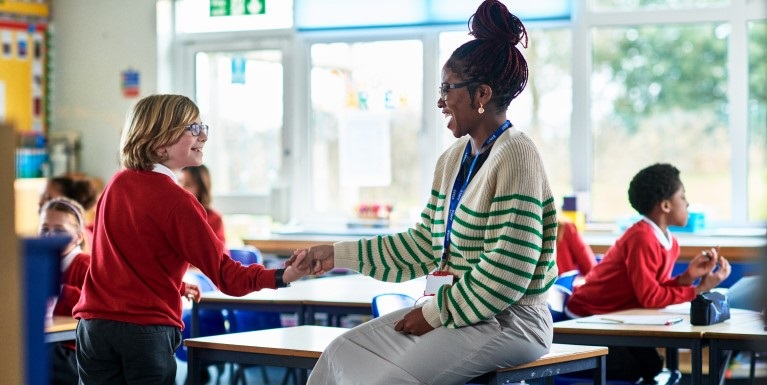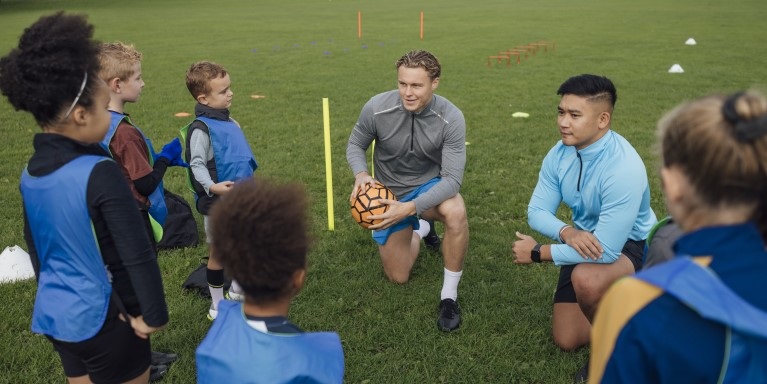Business loans
A flexible way to expand your business or invest in equipment.

Banking Services for the education sector
“I am proud of our commitment to the education sector. We look after more academies than every other bank combined and have a national network of relationship managers supporting multi-academy trusts, stand-alone academies and independent schools.”
Phil Herriott
Director of Education
Find out how Windsor Academy Trust have become more sustainable by implementing sustainability strategies and practical projects, such as solar panels, within schools across the Trust. These projects will aid them with their vision of becoming net zero by 2030.

We understand your challenges and the solutions you need. We’re the approved banking partner for the Institute of School Business Leadership and we work with the Confederation of Schools Trusts.

Independent schools need a bank that understands their specific needs. We can support your ongoing growth and borrowing requirements and help when you are looking to invest in your facilities and infrastructure.

Begin mapping out a greener future for your business by looking at the range of sustainability resources and guidance available to the education sector.
All lending is subject to a satisfactory credit assessment and we will need your permission to carry out a credit check on you and your business.
You should not apply for an amount that you cannot comfortably afford to repay now and in the future to avoid the possibility of legal action.
All lending is subject to status. Security may be required.